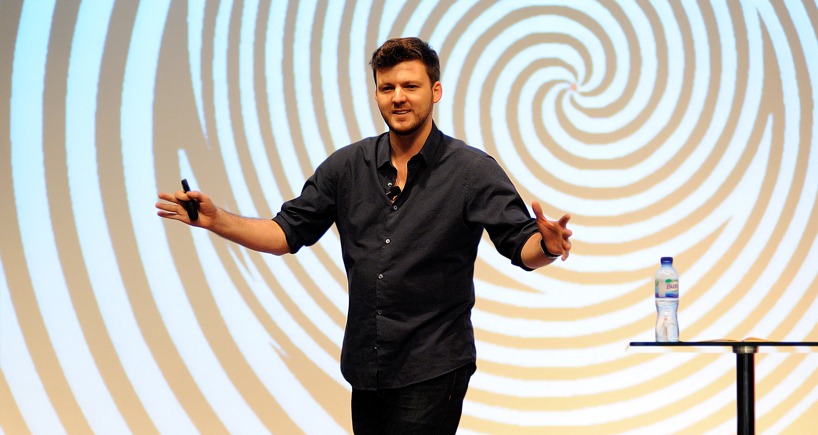
By definition, developing a strategy for a brand involves thinking about the future: ideal results, possible problems to solve, and also ambiguous outcomes.
I haven’t seen that last bit mentioned all that often, as opposed to uncertainty.
That word has seen quite the spike in usage in the past 4 years or so.
I just finished reading The Dispossessed: An Ambiguous Utopia by Ursula LeGuin, which has me pondering this idea of ambiguity.
It is a science-fiction novel from 1974, considered to be up there with best ones ever written. It had been on my reading list for years, I’m glad I got around to it and really enjoyed it.
For some paraphrased background pulled from study guide at the end of the edition I was reading (by Paul Brian), apparently there was a bit of a wave of science-fiction written about utopian societies from the late 1960s / early 1970s, driven by culture, social reforms, and possibly in contrast of earlier Dystopias like 1984 by George Orwell published a few years after the second World War (1948).
Briefly, the book follows a scientist on two different planets with very different societies, essentially questioning what an anarchist society might look like, including the kinds of challenges it could face – as opposed to just imagining a utopia (An ideally perfect place, especially in its social, political, and moral aspects), LeGuin takes the view that nothing is perfect.
Setting science-fiction to the side and back to brand strategy in our capitalist economy, part of the job is to look to the future and figure out a path to growth and success.
Arguably, and I hadn’t thought that before, these plans seem to tend towards sort of brand utopias.
An ideal path to an ideal result.
Generally ambiguity seems something to be dealt with, removed or avoided to get to an end result I think.
I do think a good strategist talks about ambiguity with clients though.
Gaps, risks, flaws in the plan, that sort of thing.
Perhaps a great strategist knows to spot ambiguity worth mentioning; to whom in organisations and when, in order to give it the best chance of being understood and addressed.
This is a different line of thought, but there is also the term of ‘strategic ambiguity’ in the context of global politics and diplomacy, which is a deliberate use of ambiguity, for example to avoid direct conflict while maintaining certain positions.
I’ll keep an eye out for ambiguity.
Have you either spotted, mentioned, or perhaps deliberately used ambiguity in business, marketing, or brand building?



